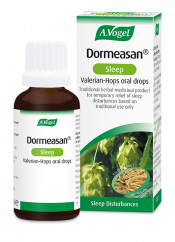Why does sleep deprivation affect each of us differently?
If you’ve ever stayed up late with friends or enjoyed a night out, you’ve probably wondered why some of them seem to cope better with the sleep loss. While you’re wandering around struggling to mask your own exhaustion, they seem to spring up early and don’t show any signs of letting sleep deprivation slow them down.
Are they just a more convincing actor than you? Or are they truly just more resilient to sleep loss?
Well science would now appear to favour the latter. According to recent research lead by Professor Whitney, a professor of psychology at Washington State University, your ability to cope with sleep deprivation may depend on your genes, or more specifically, your variation of the gene DRD2.1
DRD2 is a dopaminergic receptor usually associated with cognitive flexibility as it helps to monitor information processing in the brain. As part of a study, Professor Whitney examined the cognitive flexibility of 49 participants with an average age of 27.
Of these 49, 34 were assigned to a sleep deprivation group and were then further subdivided depending on their variation of DRD2. The remaining 15 participants were assigned to a control group and permitted to sleep.
The group of 34, on the other hand, were starved of sleep for 38 hours and instructed to participate in a task to test their flexible attentional control. This task involved correctly left clicking their mouse whenever a certain letter combination appeared on the screen and right clicking for the remaining images.
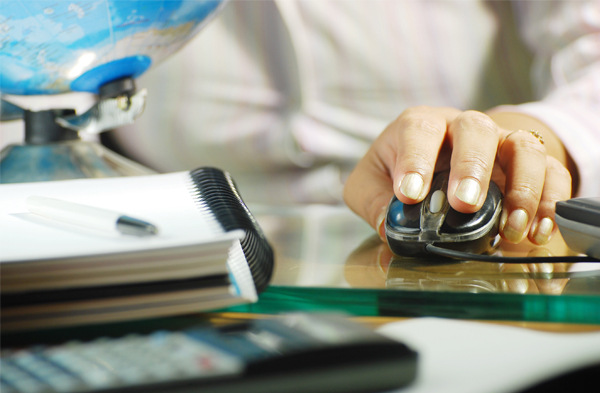
However, after an interval these instructions were reversed, confusing many of the participants. Impressively though, those with a particular variation of the DRD2 gene were able to perform this task as competently as the control group.
This would seem to indicate that there is a genetic factor worth considering when it comes to sleep deprivation, however, it is worth noticing that this particular group with that variation of DRD2 performed just the same as everyone else when it came to other cognitive abilities. In this particular instance, having that variation of DRD2 only made a difference with tasks that required cognitive flexibility.
1https://www.medicalnewstoday.com/articles/320467.php
What other factors could be at play?
While this research is interesting, other elements still need to be explored. In the meantime, while having the right genes can make you better with tasks that need cognitive flexibility, why is it other people seem able to cope better with sleep deprivation in areas such as focus and concentration compared to other sufferers?
Gender
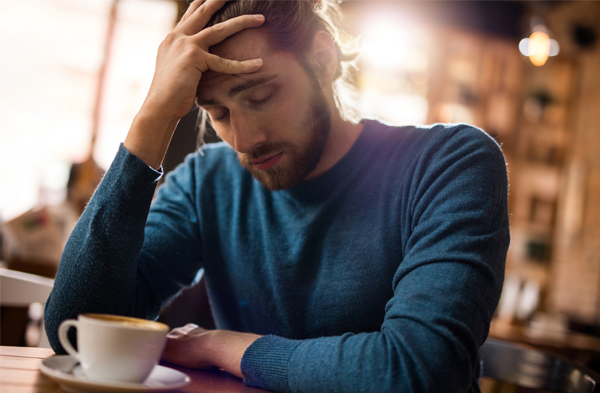
Gender, aside from your genetics, is another factor that you have to consider when it comes to sleep deprivation. It’s generally accepted that women are more susceptible to sleep loss than men, with many theorising that women even require more sleep. However, evidence is starting to suggest that women are also more capable of dealing with the symptoms of a bad night’s sleep compared to their male counterparts.2
It’s also interesting to consider that sleep loss can affect men and women in different ways. One small study by the NIH examined college students, depriving them of sleep before asking them to perform cognitive tasks, some of which involved an element of decision making. The results were that sleep deprivation made men more disposed towards risky behaviours while women became more risk averse and altruistic.3
How much sleep do you need?
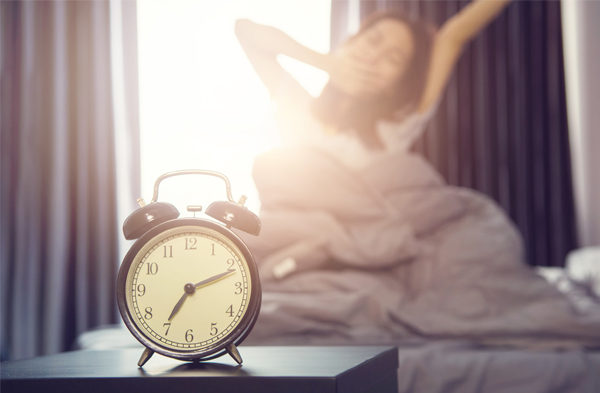
Another explanation for some people coping better with sleep loss than others is that not everyone needs the same amount of sleep. Famous figures such as Winston Churchill and Napoleon all managed to get by on less than 7 hours and recently, science has taken an interest in finding out why.
One study in particular made headlines a few months ago and it once again involved genetics. Scientists at the National Heart, Lung and Blood Institute (NHLBI) wished to explore this particular sleep mystery and pin down the genes responsible. In order to accomplish this they used fruit flies as their models, selectively breeding 13 generations to produce long sleepers and slow sleepers.4
Then, comparing the genonomes of the two strains, they found 126 differences across 80 different genes. Further research is still needed but once again, it seems that our genetics can play a role in how susceptible we are to the symptoms of sleep deprivation.
Coping mechanisms
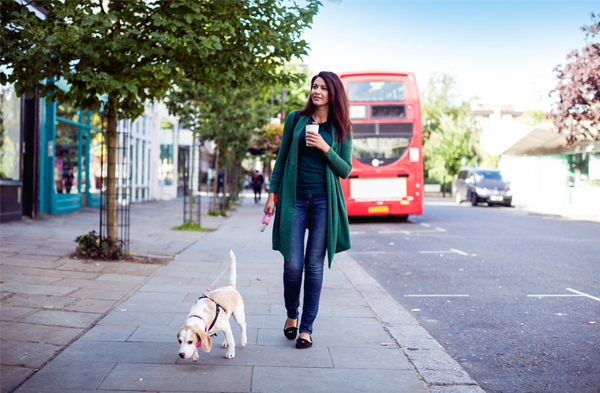
The final explanation is that some people have simply found coping mechanisms over the years that work for them. Often, after a poor night sleep you can become dehydrated so it might be worth increasing your fluid intake and getting some fresh air – not only will this stimulate your senses, sunlight can help to support your circadian rhythm.
It might also help not to indulge in those ravenous hunger cravings – sugar and carbs are not going to help your grogginess and may only make matters worse in the long run. If you want more tips to help combat sleep inertia, please check out my tips for coping with grogginess.
2https://www.webmd.com/sleep-disorders/news/20030613/men-handle-sleep-loss-worse-than-women
3https://www.ncbi.nlm.nih.gov/pubmed/25793869
4https://www.medicalnewstoday.com/articles/320349.php







